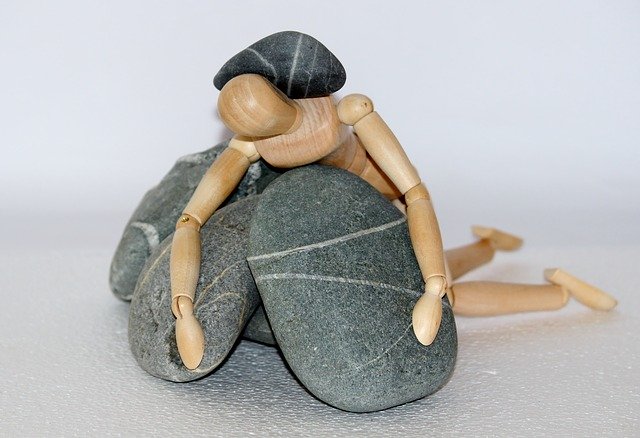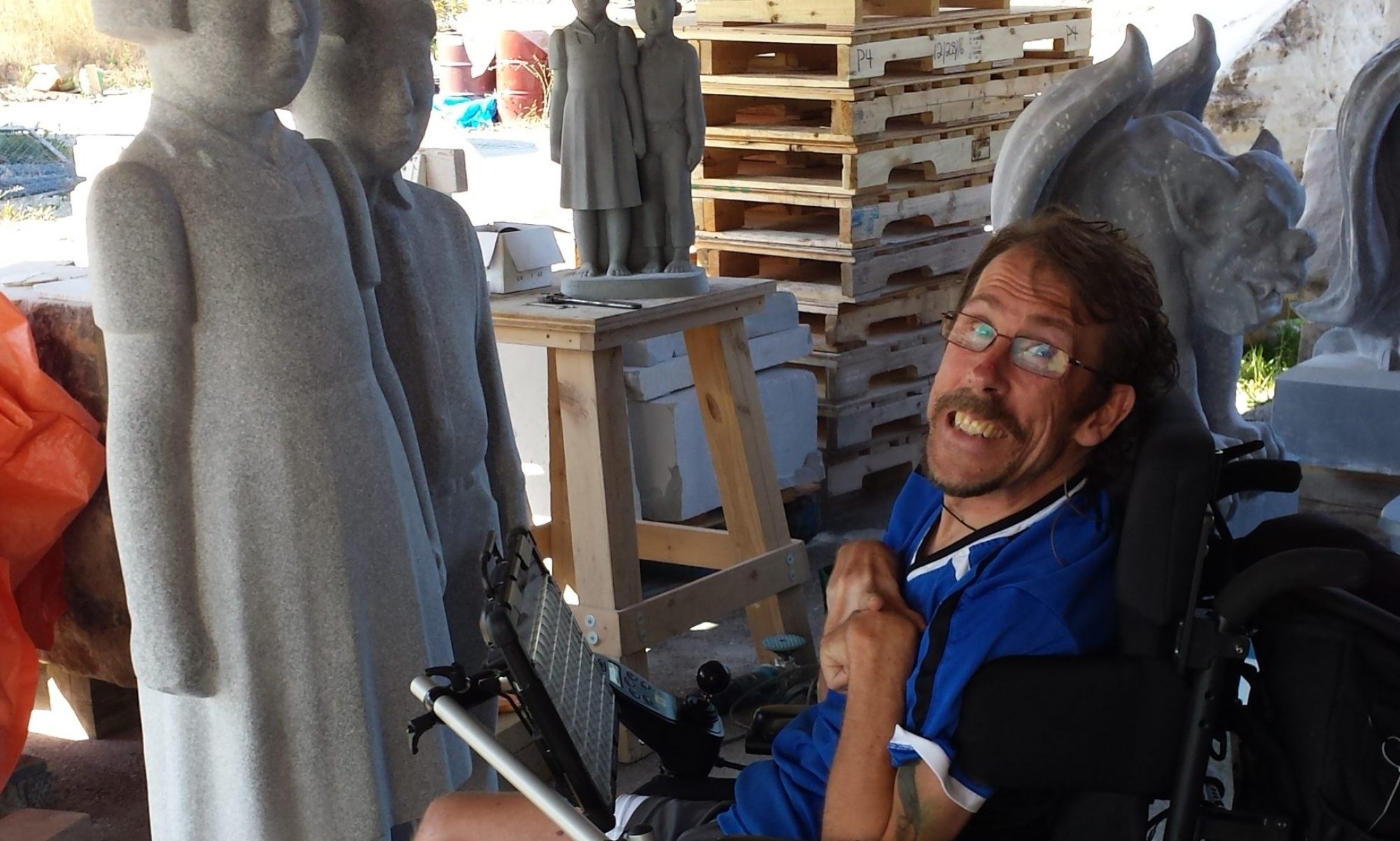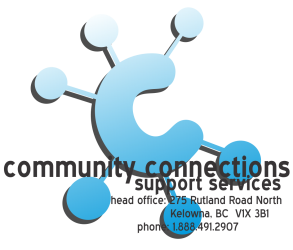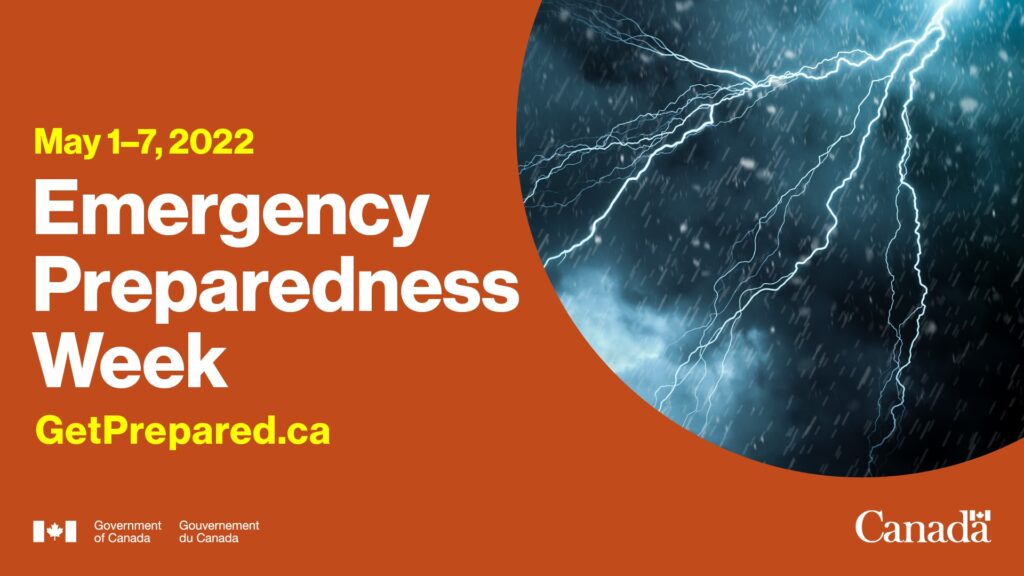Hey everyone, we’re raising awareness about mental health this month. CMHA has featured empathy in their mental health week campaign this year – and empathy is very important in communication and in relationships!
However, and as CMHA highlights here in “Empathy and Compassion Fatigue” by Allison Dunning (Peer Support Canada), it’s important to know about and be aware of the “downfall” of empathy: compassion fatigue.
Compassion fatigue happens when we spend so much of our human energy trying to listen, understand and support others that we become exhausted ourselves. We can spend so much time thinking about other peoples’ experiences, needs and well-being, that we can forget to think about our own.
“Empathy and Compassion Fatigue” by Allison Dunning (Peer Support Canada)

Self-care and guarding against compassion fatigue are important parts of being in a caring profession. There are many resources available online as well as lots of posts on our website with information, resources, and strategies to help with compassion fatigue.
You can also check out suggestions to guard against compassion fatigue while still engaging in empathy in the original article on the CMHA website here, or their further suggested reading on strategies here.






